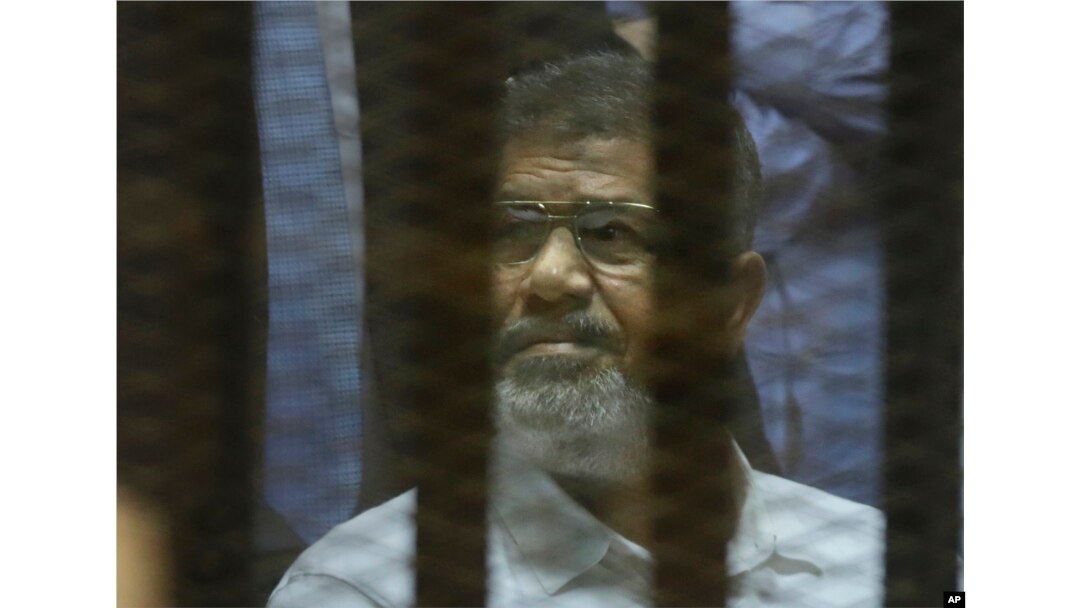Kizza Besigye’s Court Appearance Raises Questions Over Abduction and Justice in Uganda
By [Your Name]
Date: [Insert Date]
On Wednesday, Kizza Besigye, a prominent opposition leader in Uganda, found himself face-to-face with the military court just days after a disturbing reported disappearance in neighboring Kenya. This appearance has ignited a fiery debate about political repression in Uganda and has placed a spotlight on the nation’s contentious relationship with dissent.
Besigye has been charged with soliciting foreign military assistance to disrupt Uganda’s armed forces—an allegation he has vehemently denied. This charge adds to a troubling history of arrests and assaults that have characterized Besigye’s political career. Formerly President Yoweri Museveni’s personal physician, Besigye has emerged as one of Museveni’s fiercest critics, contesting and losing four presidential elections against the long-serving leader.
During the court proceedings, Besigye was brought into the courtroom under distressing conditions. He entered without legal representation and was initially confined in a cage—an intimidating sight that underscores the struggle for human rights in Uganda. Besigye rejected the government-appointed lawyers sent to represent him, asserting his right to be tried in a civilian court, emphasizing that he is not a member of the military.
Alongside the charge of seeking foreign military support, Besigye, a former president of the Forum for Democratic Change (FDC), is also accused of possessing an illegal firearm, a claim he continues to dismiss as unfounded. His co-accused, Hajj Lutale Kamulegeya—a fellow FDC member—shares similar charges and maintains his innocence. Both men will remain in detention until December 2, leaving many questioning the legal motives behind their continued incarceration.
Ugandan Opposition Leader in Military Court
Serious Charges Against Besigye
Conditions of Detention
Allegations of Abduction and International Repercussions
Besigye’s reappearance has been notably marked by the accusations of an unconventional disappearance prior to his court appearance. He resurfaced after a worrying four-day period where family members, including his wife and UNAIDS Executive Director Winnie Byanyima, alleged that he had been abducted and held in a Ugandan military prison. Disturbingly, the Ugandan government has yet to respond to these serious allegations.
As the narrative unfolds, Kenyan officials have distanced themselves from the alleged abduction incident. Korir Singoei, Kenya’s foreign affairs permanent secretary, asserted that the nation had no involvement in the claims of an abduction. This statement underscores a significant diplomatic challenge; the idea that a Ugandan opposition leader could face abduction while in a neighboring country raises alarming questions about sovereignty and international law.
Political Backlash and Calls for Justice
Outrage over Besigye’s situation has been vocalized by both domestic and international observers. Erias Lukwago, Besigye’s lawyer, who is also the Kampala Mayor and a fellow FDC member, expressed deep concern over his client’s treatment. He labeled the events surrounding Besigye’s arrest in Kenya as a “serious breach of sovereignty.” Lukwago stated firmly, “For his liberty to be curtailed in a sovereign state like Kenya, and no actions being taken by the Kenyan government against the sister country violating their territorial integrity, that is a very serious matter and we are not going to let it lie down.”
This incident has ignited broader discussions regarding the treatment of political dissenters in Uganda, particularly in light of President Yoweri Museveni’s long-standing rule since 1986. Political scholars and human rights advocates have criticized Museveni’s administration for its alleged abuses against those in opposition, labeling these actions as increasingly tyrannical. The international community’s response to these ongoing violations of human rights will be crucial as the world watches the unfolding drama in Uganda.
A History of Repression
Besigye’s plight is emblematic of a larger narrative in Uganda where opposition leaders face an uphill battle against a regime laden with allegations of oppression. Over the years, many human rights organizations have highlighted the systemic abuses faced by individuals like Besigye, who challenge the status quo. With his steadfast commitment to political change and accountability, Besigye has become a symbol of resistance against authoritarianism in Uganda.
